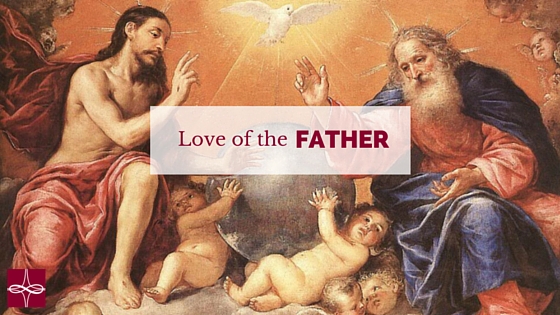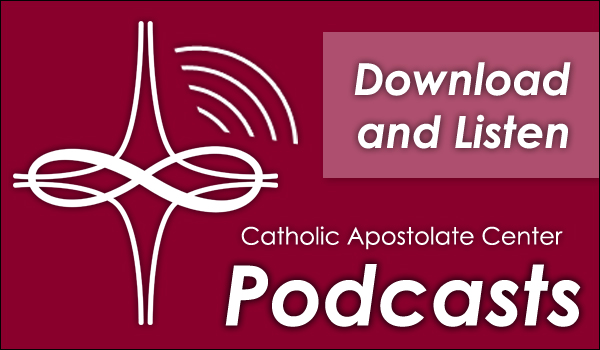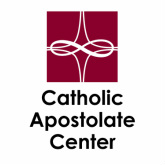"In light of Father’s Day, I have been reflecting on how the Father cares for his children, and how we can understand God’s fatherhood."
“… You, oh Lord, are our Father…” (Is 63:16)
During an especially difficult time of transition in my life, I became very bratty with God. As in, I whined to God the Father, and was very spiritually dramatic. “Abba! Daddy!,” I screamed, “What are You doing with my life? What is going on?” The short answer: taking care of me. The long answer: taking care of me in ways I haven’t even begun to realize.
In light of Father’s Day, I have been reflecting on how the Father cares for his children, and how we can understand God’s fatherhood. We live in an age characterized by fatherlessness. Personally, I don’t have the best relationship with my earthly father, and neither do many of my peers. This can sometimes damage our view of God the Father. Does the Father really love me? Does He like me? These and other questions can plague our spiritual lives as we seek to understand our roles and vocations in life. Someone somewhere along the way told me the Father loves me, and I believed them. But I have also wondered what that means. What does it mean to be taken care of by a good father? What does a good father look like? What role does spiritual fatherhood play in this age? To get some answers, I grabbed a few books. I also bribed my pastor with brunch one Saturday and asked him.
The Catechism of the Catholic Church, in paragraph 2223, states that parents are responsible for “creating a home where tenderness, forgiveness, respect, fidelity, and disinterested service are the rule. The home is well suited for education in the virtues. This requires an apprenticeship in self-denial, sound judgment, and self-mastery - the preconditions of all true freedom.” The Catechism says parents, not just the mother or the father, but both create the home. How often in sit-coms, movies, or advertising do we see dads being labeled as irresponsible buffoons who can’t take care of their children or run a household without impending disaster? How often do we hear, jokingly of course, that a woman’s husband is her biggest kid, implying that she has to take care of him as if he can’t care for himself and others?
In my conversation with my pastor, Fr. Michael, he pointed out the similarities and differences of biological and spiritual fatherhood. A spiritual father can never replace and cannot be as close as a biological father because the community a priest serves is diverse and varied. Human fatherhood, both biological and spiritual, is for the sake of directing children to depend upon God the Father. In other words, they are to train their children to not need them anymore. Fatherhood is meant to be a pilgrimage of surrender, directing the lives of their children to see that God has been working in their lives and caring for them all along. While a father will always be there for his children, praying for and supporting them, his mission is to train them to see God the Father for who he is and to be receptive to the Father’s love and his will for their lives. Fr. Michael said fatherhood should be approached with awe and gratitude and humility because God the Father is allowing a fallen human man to participate in his mission of loving his people, and this man might get it wrong. People fail. It happens. Even the best of fathers and priests and popes make mistakes. There was a reason Pope St. John Paul II went to confession every week. (What was he confessing? We don’t know. But clearly it helped him love us better.)
The parable of the prodigal son could also be called the parable of the patient father. He longs for our hearts to be united to his heart, whether we are the faithful older son or the rebellious younger son. There is a place for each of us in our father’s house. No matter how petulant, rude, or down-right bratty we are with him, our Father loves us and cares for us. He will not fail us, even if we have no idea what his will is during a moment of turbulence.






 RSS Feed
RSS Feed